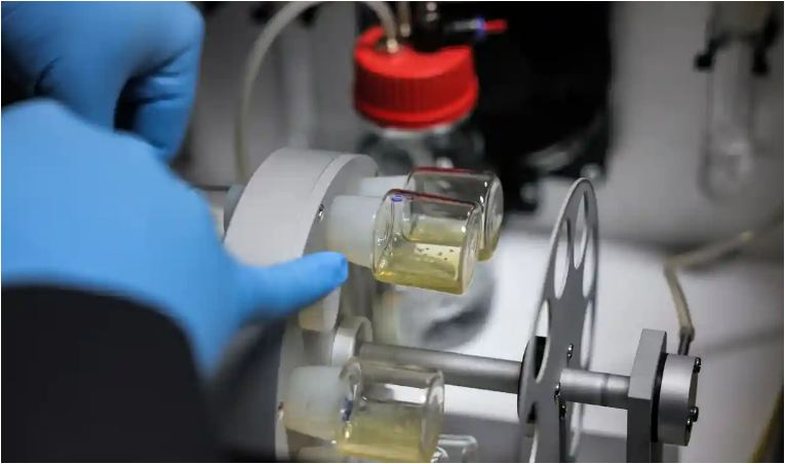
Scientists have created synthetic human embryos using stem cells (stem cells) - a ground-breaking development that bypasses the need for eggs or sperm.
Scientists say these embryos, which resemble those in the earliest stages of human development, could help to understand the impact of genetic disorders and the biological causes of recurrent miscarriages. However, their work also raises serious ethical and legal issues.
The embryos created do not have a beating heart or the early stages of brain development. At the moment, there is no prospect that synthetic embryos will be used clinically. Implanting them in the womb of a female patient would be illegal, and it is still unclear whether these structures have the potential to continue maturing further.
Professor Magdalena Zernicka-Goetz, of the University of Cambridge and the California Institute of Technology, described the team's work in a speech on Wednesday at the annual meeting of the International Society for Stem Cell Research in Boston. "We can create models similar to human embryos by reprogramming embryonic cells," she said at the meeting.
There is also the important unanswered question of whether these structures, in theory, have the potential to grow into a living creature. Synthetic embryos grown from mouse cells were reported to look almost identical to natural embryos. But when they were introduced into the wombs of female mice, they did not develop into live animals.
In April, researchers in China created synthetic embryos from monkey cells and implanted them into the wombs of adult monkeys, some of which showed early signs of pregnancy, but none of which continued to develop after several days. Scientists say it is not clear whether the barrier to more advanced development is purely technical or has a more fundamental biological cause.
Source: Guardian





